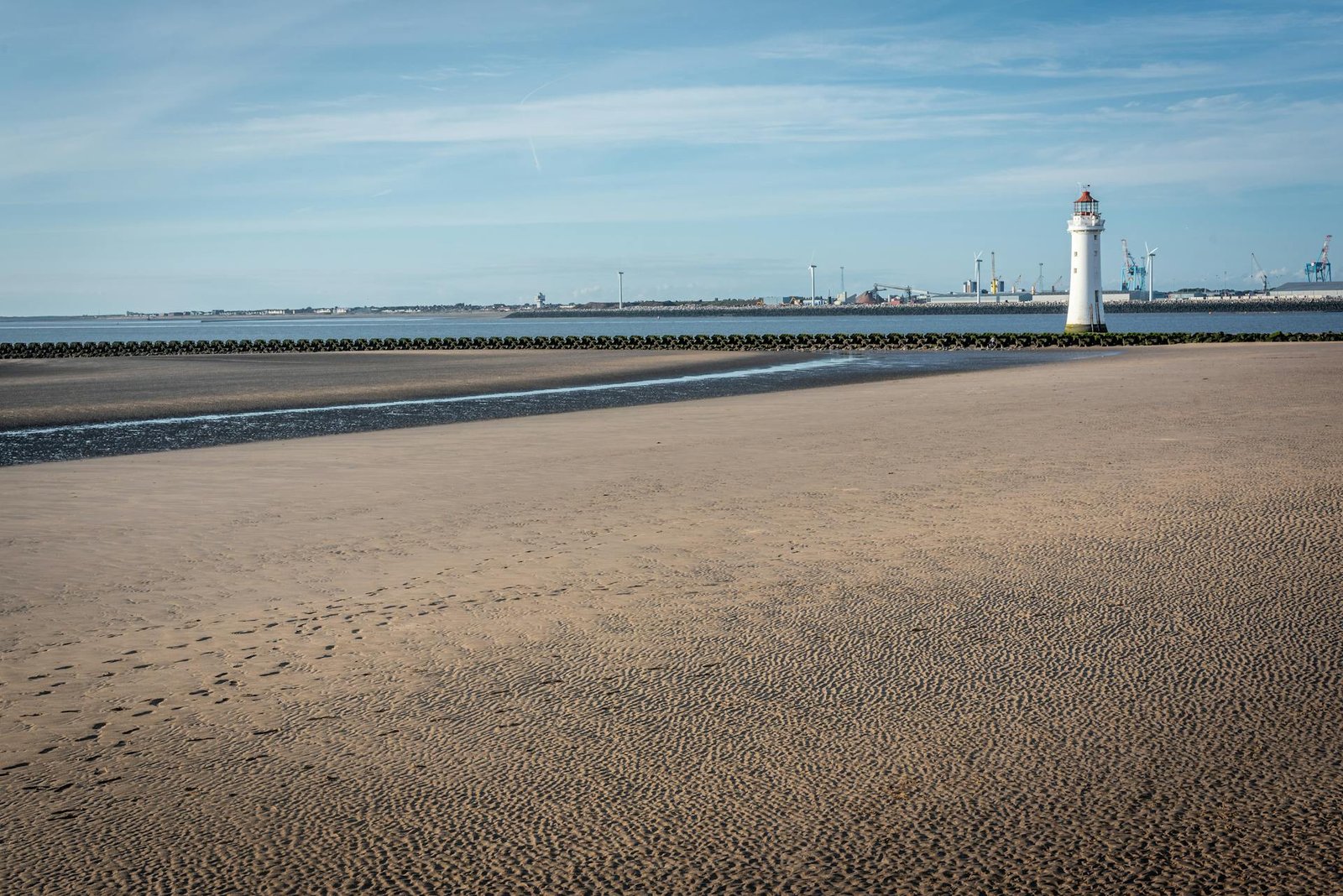Supporting elderly people in their own homes is one of the kindest and most practical ways to help someone stay independent. For many older adults, staying in familiar surroundings brings comfort, dignity, and a strong sense of identity. Yet, daily life can become harder with age, whether because of mobility changes, loneliness, or small safety risks at home.
If you live in Liverpool or nearby and want to help an elderly neighbour, friend, or family member, this guide will walk you through what really matters, without overcomplicating it.
Understanding What Help Looks Like
Every person is different. Some older people are fit, active, and sociable well into their 80s and 90s. Others may quietly struggle with the basics, like making meals, moving around safely, or keeping up with appointments.
If you want to help someone, the first step is to pay attention, as small signs can tell you a lot. Are they wearing the same clothes each time you visit? Are unopened letters piling up? Do they seem more tired, confused, or forgetful than usual? These things might point to areas where a bit of support could make all the difference.
It’s also important to ask gently and without pressure, because many older people are proud of being self-sufficient and might not say they’re struggling. A warm offer of help, rather than a question, often works better: “I’m doing a shop later, want me to pick anything up for you?”
Keeping the Home Comfortable and Safe
Falls and injuries in the home are common in older age. But a few simple steps can make things much safer. Look out for trip hazards like loose rugs or uneven steps. Offer to move furniture to make walking easier or add brighter lighting where needed.
Here are some useful ways to make the home safer:
- Replace or secure loose rugs and mats
- Add grab rails near stairs, baths, and toilets
- Improve lighting in hallways and staircases
- Rearrange furniture to create clear walking paths
- Use non-slip mats in kitchens and bathroom
- Look into stairlifts if stairs are becoming too difficult
A stairlift in your Liverpool home can be life-changing for someone who struggles to get up and down safely. It removes the risk of falls on the stairs and allows them to continue using the whole house without pain or fear. There are various models, including straight and curved options, and some local schemes in Liverpool can help with the cost.
Small changes like these can mean the difference between struggling and living confidently. If bigger improvements are needed, Liverpool City Council and local charities sometimes offer grants or support for home adaptations.
The Power of Company and Routine
One of the most common problems for older people living alone is loneliness. This isn’t just about being physically alone, it’s about feeling forgotten or disconnected. Regular visits, phone calls, or shared cups of tea can lift someone’s mood and give them something to look forward to.
Sometimes, just being there is more important than anything you say. Letting someone talk about their memories or daily life shows them they matter. No fancy conversation needed, just real attention.
Routine can help too. A short walk every other day, a trip to the corner shop, or a weekly lunch at a local café can break up long days and bring a sense of rhythm. If they’re open to it, helping them join a local social group or church gathering can give them more ways to connect.
Supporting with Food and Shopping
As cooking becomes harder, it’s common for older people to eat less well. They might rely on snacks or miss meals completely, often without meaning to. This can affect their mood, energy, and health.
Here are a few practical ways to help with meals and shopping:
- Offer to do a weekly food shop or go together
- Cook simple meals in batches to freeze and reheat
- Share extra portions when you’re cooking at home
- Set up online shopping if they’re open to it
- Ask what they like to eat and make it feel like a treat, not a favour
Even just checking what’s in the fridge now and then can help someone stay on top of eating well. Little gestures often have the biggest effect.
Helping with Appointments and Everyday Tasks
Getting to the GP, hospital, or even the chemist can be a challenge for someone with limited mobility or no transport. Offering a lift or going along as moral support can take the stress out of these visits.
You might also notice piles of paperwork or unopened letters. These can feel overwhelming, especially if they involve health services or council forms. Offer to sit down and go through them together, making sure everything’s sorted and up to date.
Again, always ask first and be clear that you’ll keep everything private. Trust is built slowly, and keeping your word matters.
Building Long-Term Support
You don’t have to do it all yourself. If you live in Liverpool, there are many local organisations offering help to elderly residents. Age UK Liverpool & Sefton, local churches, and community centres often run drop-ins, lunch clubs, or befriending services. These can provide extra support, and take pressure off you too.
It’s also worth keeping their GP in the loop if there are growing health or memory concerns. In some cases, they may be eligible for extra services or home visits.
Even if someone doesn’t need much help now, just knowing someone nearby cares can make a big difference. It builds confidence and makes future conversations about support easier.
Helping Means Staying Human
This isn’t about ticking boxes or doing everything perfectly. It’s about kindness, time, and treating someone as a person with a full life and story. Growing old doesn’t mean becoming invisible. The more we talk, listen, and show up, the better life becomes, not just for elderly people, but for all of us.
Liverpool has a strong history of neighbourliness and community. Keeping that spirit alive starts with each of us, one kind act at a time.
READ MORE: Beatles Days Out In Liverpool: The Top Places You Should Visit










